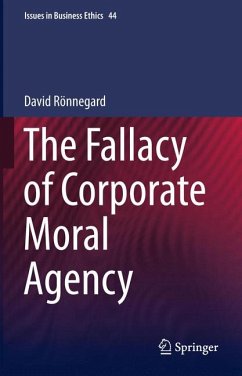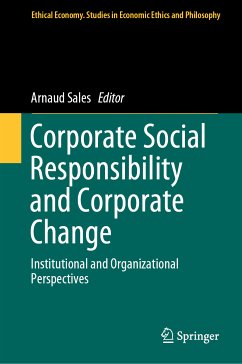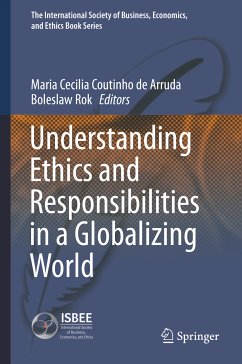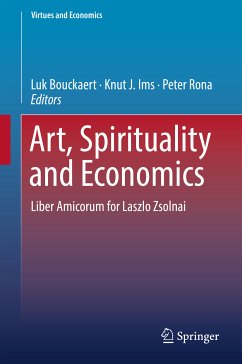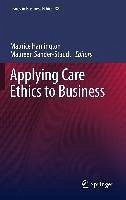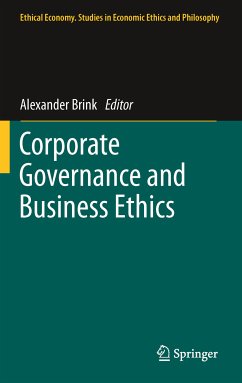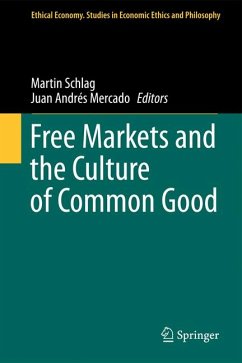
Free Markets and the Culture of Common Good (eBook, PDF)
Versandkostenfrei!
Sofort per Download lieferbar
72,95 €
inkl. MwSt.
Weitere Ausgaben:

PAYBACK Punkte
36 °P sammeln!
Recent economic development and the financial and economic crisis require a change in our approach to business and finance. This book combines theology, economy and philosophy in order to examine in detail the idea that the functioning of a free market economy depends upon sound cultural and ethical foundations.The free market is a cultural achievement, not only an economic phenomenon subject to technical rules of trade and exchange. It is an achievement which lives by and depends upon the values and virtues shared by the majority of those who engage in economic activity. It is these values an...
Recent economic development and the financial and economic crisis require a change in our approach to business and finance. This book combines theology, economy and philosophy in order to examine in detail the idea that the functioning of a free market economy depends upon sound cultural and ethical foundations.
The free market is a cultural achievement, not only an economic phenomenon subject to technical rules of trade and exchange. It is an achievement which lives by and depends upon the values and virtues shared by the majority of those who engage in economic activity. It is these values and virtues that we refer to as culture. Trust, credibility, loyalty, diligence, and entrepreneurship are the values inherent in commercial rules and law. But beyond law, there is also the need for ethical convictions and for global solidarity with developing countries. This book offers new ideas for future sustainable development and responds to an increasing need for a new sense of responsibility for the common good in societal institutions and good leadership.
The free market is a cultural achievement, not only an economic phenomenon subject to technical rules of trade and exchange. It is an achievement which lives by and depends upon the values and virtues shared by the majority of those who engage in economic activity. It is these values and virtues that we refer to as culture. Trust, credibility, loyalty, diligence, and entrepreneurship are the values inherent in commercial rules and law. But beyond law, there is also the need for ethical convictions and for global solidarity with developing countries. This book offers new ideas for future sustainable development and responds to an increasing need for a new sense of responsibility for the common good in societal institutions and good leadership.
Dieser Download kann aus rechtlichen Gründen nur mit Rechnungsadresse in A, B, BG, CY, CZ, D, DK, EW, E, FIN, F, GR, HR, H, IRL, I, LT, L, LR, M, NL, PL, P, R, S, SLO, SK ausgeliefert werden.




